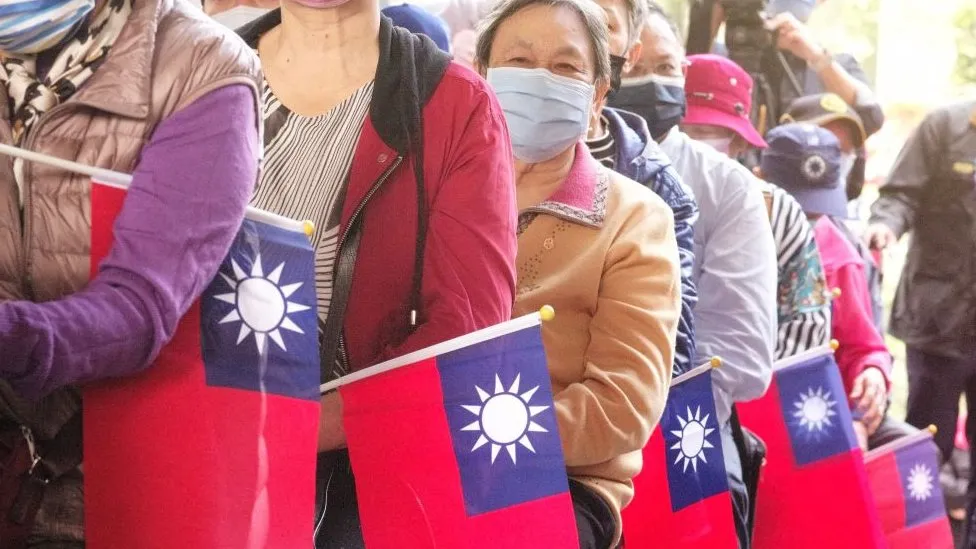
As local midterm elections get underway on Saturday, millions of Taiwanese are prepared to cast their ballots. President Tsai Ing-wen has framed this as a message to the world about the island’s willingness to protect its democracy despite growing military tensions with China. COVID-19 and crime are two key factors in the municipal elections for mayors and chiefs.
Tsai’s Democratic Progressive Party (DPP) has come under fire for being overly combative with China, though. The opposition KMT has consistently favored having close ties to China and vehemently opposes being pro-China. Candidates for Taiwan’s elections visit their districts to ask for votes while playing loud music and waving campaign flags.
Tsai concentrated on Chinese President Xi Jinping‘s historic victory for a third term in office throughout the election campaign. The President remarked: “Taiwan is facing strong external pressure. The expansion of Chinese authoritarianism is challenging the people of Taiwan every day to adhere to the bottom line of freedom and democracy.”
When China conducted military exercises in August to protest US House Speaker Nancy Pelosi’s visit to Taiwan, tensions between the two countries grew. Even yet, the military training exercises were scaled back.
Tsai’s Democratic Progressive Party (DPP) has come under fire for being overly combative with China, though. The opposition KMT has consistently favored maintaining strong ties with China and vehemently opposes being pro-China.
Eric Chu, the head of the KMT, said to his supporters, “We advocate being close to the United States, friendly with Japan, and having peace with the mainland. Let Taiwan have a prosperous future of peaceful and stable development.” Tsai cannot run for president again once her term ends in 2024 due to term limitations. The DPP and KMT agree that the voting age should be lowered from 20 to 18.
